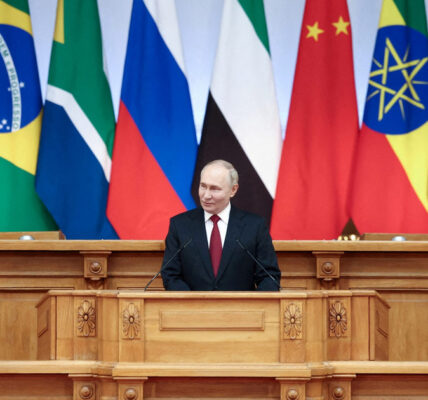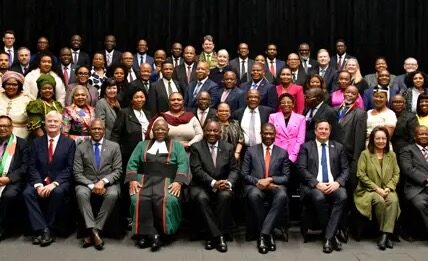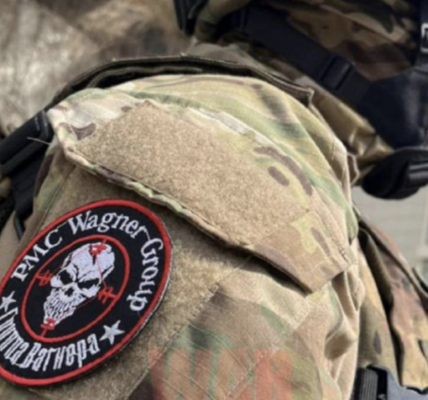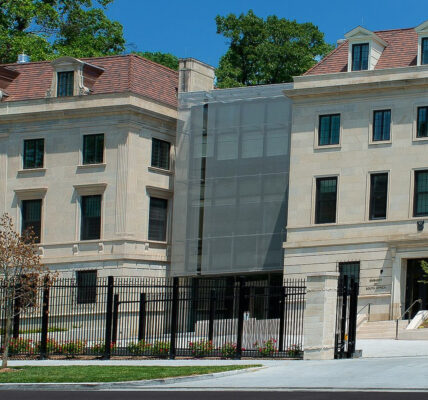Ramaphosa diplomatic stature boosted by Zelensky and hint of thawing US relations
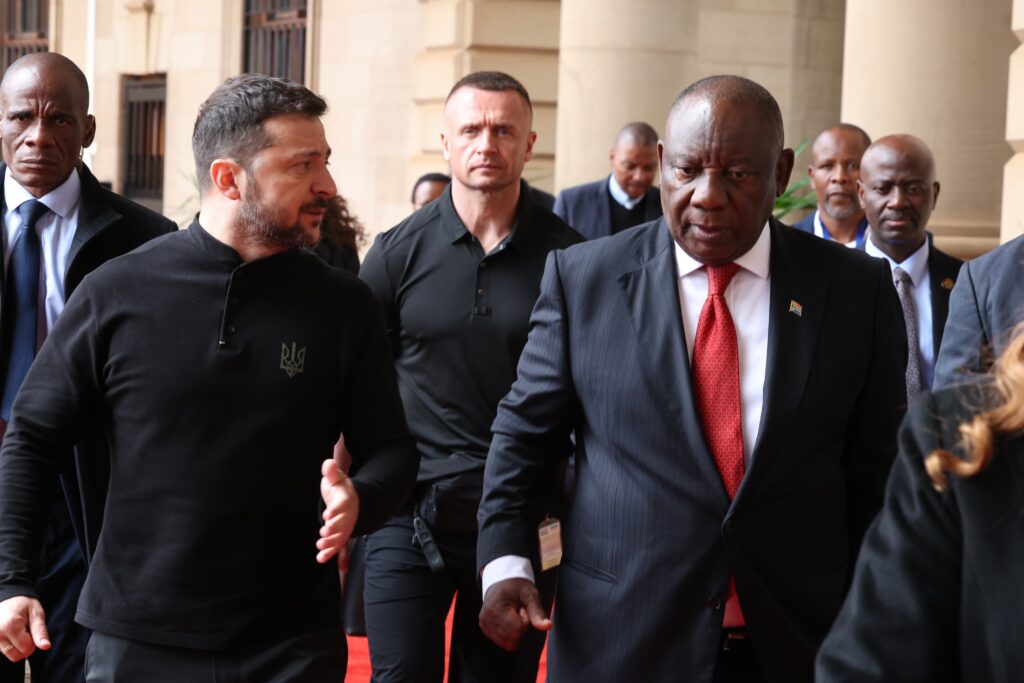
President Volodymyr Zelensky’s visit to South Africa this week has elevated the country’s diplomatic standing in the world and created an opening to rebuild ties with the Trump administration. For President Cyril Ramaphosa’s government—previously marginalised by President Donald Trump—it was a chance to showcase South Africa’s influence and its aspirations to mediate in the Russia-Ukraine conflict.
South Africa’s relationship with the US has been fraught since Trump assumed office. The administration accused Pretoria of “egregious actions” and offered resettlement to Afrikaners, claiming they faced racial discrimination. Ramaphosa’s government was further criticised for its aggressive positions towards the US and its allies, particularly Israel, and for its ties with Iran.
Tensions escalated when South Africa’s ambassador to the US, Ebrahim Rasool, was expelled, and US Treasury Secretary Scott Bessent skipped a G20 finance ministers’ meeting in Johannesburg. Trump has even hinted that he will not attend the G20 summit planned for later this year in South Africa.
Ramaphosa’s calls with Trump and Putin
On the morning of Zelensky’s visit, Ramaphosa received a call from Trump—the first since January. Ramaphosa described the conversation as “very cordial,” noting that the war in Ukraine was discussed alongside other matters. He denied claims that Trump had urged him to pressure Zelensky into accepting the US peace proposal.
Before Zelensky’s arrival, Ramaphosa also spoke with Russian President Vladimir Putin. According to the Kremlin, Putin outlined Russia’s stance on addressing the root causes of the conflict and ensuring its interests were respected. Ramaphosa later posted on X, stating, “We both agreed that the war should be brought to an end as soon as possible to prevent further death and destruction.”
At a press conference following his meeting with Zelensky, Ramaphosa endorsed the Ukrainian president’s call for an unconditional ceasefire to pave the way for negotiations. Zelensky’s visit was cut short after a Russian missile attack on Kyiv.
‘We are not as isolated as you think’
Chris Vandome, a senior fellow at Chatham House Africa, said the meeting between Zelensky and Ramaphosa was important for both leaders to demonstrate that they are not as isolated as perceived. In an interview with National Security News, Vandome said that Ramaphosa has long sought to position himself as a mediator in the Russia-Ukraine conflict, lobbying on issues like food security and grain trade. Hosting Zelensky on his first official visit to Africa and engaging with other parties in the peace process was a significant step in showcasing South Africa’s potential as an intermediary.
While acknowledging that South Africa has been elevated to quite an important position, Vandome questioned “whether it has the ability to continue this going forward, and whether or not it’s got the diplomatic capabilities to own a process is another matter.”
Vandome said that while both sides appear to be more pragmatic about their relationship, the country is still a long way from any real recovery in its relationship with the US.
He also commented on suggestions that the Ramaphosa government could appoint an Afrikaner ambassador to Washington to appease the Trump administration, and whether Trump would attend the G20 summit to be held in Johannesburg in November this year. “If South Africa wants the US on board,” he said, “they will have to offer something instead of being in reactionary mode.”
Key quotes from the interview:
“Obviously, this is a significant moment. Not only is it Zelensky’s first visit to South Africa, but it’s also the first visit of any Ukrainian president to South Africa in 33 years—since the start of diplomatic relations between the two countries.”
“Whereas before there were discussions of a conditional ceasefire—and that’s something Vladimir Putin has discussed and supported, this idea that, yes, we all want peace and we all want a ceasefire, but here are the conditions—here is Zelensky saying, ‘We would support an unconditional ceasefire,’ and here’s Cyril Ramaphosa standing next to him saying, ‘Yes, that’s something we would also support.’”
“In terms of the diplomacy and the nuance around discussions on Ukraine and the peace process at the moment, that’s possibly the most significant part of it… South Africa has been elevated to quite an important position.”
“For both sides, this is as much about posturing as it is about putting in place serious diplomatic processes that will continue behind the scenes.”
“The fact that Zelensky then had to dash back to Ukraine—I don’t think it really undermined the visit, and I don’t think there would have been much more that could have been achieved through his presence had he stayed longer.”
“I do think that for South Africa, it is time to say, ‘Let’s focus on the G20. Let’s try and get the US engaged on G20 issues. Let’s push the fact that the G20 isn’t just about South Africa, but it’s about wider collaboration, and let’s see how we can progress on that front.’”
“An all-out reactionary position against the US is seemingly not working. The rhetoric has continued, and there hasn’t really been a change in the American position—even earlier this year when some of these announcements were being made.”


